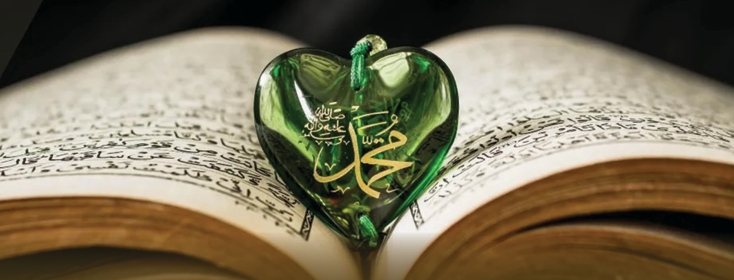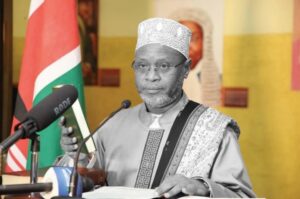The islamic Calendar, is more than just a system for tracking days and months — it is a spiritual framework built on the lunar cycle, guiding the religious and social lives of over 1.9 billion Muslims around the world. It serves as a compass for believers in performing acts of worship and participating in significant religious events throughout the year.The foundation of this calendar is divinely established. Allah says in the Holy Qur’an:“Indeed, the number of months with Allah is twelve months in the register of Allah [from] the day He created the heavens and the earth; of these, four are sacred…”(Surat At-Tawbah 9:36)
These four sacred months — Muharram, Rajab, Dhul-Qa’dah, and Dhul-Hijjah — are times of peace and devotion, during which fighting and conflict are forbidden except in self defense.The Islamic year begins with one of the most defining moments in Islamic history: the Hijrah — the migration of Prophet Muhammad ﷺ from Makkah to Madinah in 622 CE. This event marked the birth of a new Islamic society founded on faith, justice, and unity. The calendar was officially established during the leadership of the second Caliph, Umar ibn al-Khattab (RA), to create cohesion and structure within the Muslim Ummah.
It was in this month that the Qur’an was revealed as a guidance for humanity (Surat Al-Baqarah 2:185). During Ramadan, Muslims fast from dawn until sunset, increase their worship, and seek closeness to their Lord. The month concludes with Eid al-Fitr, a celebration of gratitude, unity, and generosity.The final month of the year, Dhul-Hijjah, is the season of Hajj, the fifth pillar of Islam. It also includes Eid al-Adha, which commemorates the unwavering obedience of Prophet Ibrahim (AS) to the command of Allah.Muslim Ummah.
Unlike the solar-based Gregorian calendar, the Islamic Calendar comprises 354 or 355 days per year, which causes Islamic dates to shift annually. This lunar cycle serves as a reminder that time is a trust from Allah, and should be used wisely in His service.Ultimately, the Islamic Calendar is not just a measure of time — it is a spiritual guide, steering the faithful through worship, reflection, and life’s journey in pursuit of Allah’s pleasure.
By HATEEB ABDALLAH




